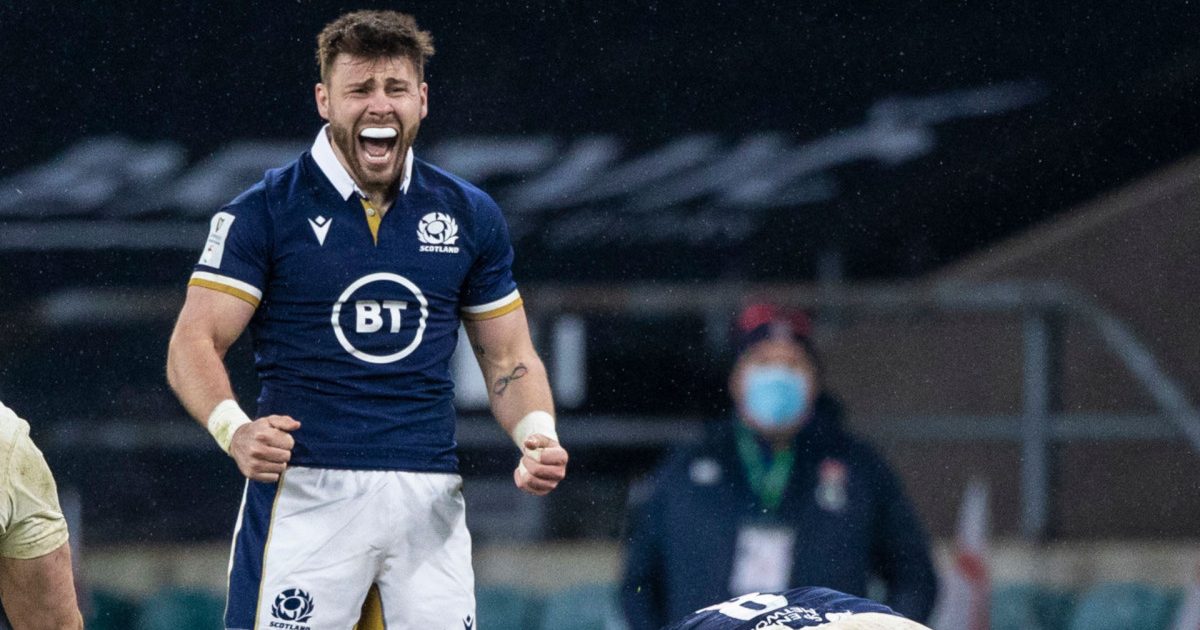'I'm getting a bit nerdy here': Ali Price names his favourite No9 and it's not Conor Murray, his Lions rival who is currently nursing a pre-tour injury

Lions pick Ali Price has named who he thinks is the top No9 in the world at the moment – and it’s not Conor Murray, a 2021 tour rival for the starting jersey who is currently nursing an injury and won’t play for Munster in this weekend’s Rainbow Cup.
The 32-year-old Murray, who has played in five of the last six Lions Test matches, was chosen earlier this month with Price and Gareth Davies of Wales as the scrum-halves Warren Gatland will take with him to South Africa.
Gatland got to meet up with his newly picked squad in London on Tuesday for a run-through of what lies ahead in a schedule where the Lions will assemble in Jersey next month before their eve-of-tour-departure match against Japan at Murrayfield.
The coach will now be watching the Murray situation with interest after the player’s Irish province issued a medical bulletin that read: “Conor Murray has a low-grade leg injury following the Connacht match (on May 14) and is currently rehabilitating. The scrum-half is unavailable for the Cardiff game but is expected to be available for the following round (away to Zebre on June 11).”
If fit, Murray will link up with the Lions as the probable first choice but the Ireland player isn’t the No9 that Price considers as the world’s best at the moment. Speaking on the latest edition of RugbyPass All Access about the position he has been capped in by Scotland on 42 occasions, the 28-year-old said: “Aaron Smith for me is still the top guy.
https://twitter.com/RugbyPass/status/1397099977009205250
“As a No9, it is a given your passing and kicking have to generally be on the money and just his energy, his sort of one to 80 minutes he keeps going at a high tempo and very rarely makes bad decisions, how he reads the game. There is a lot of technical stuff in that – I’m getting a bit nerdy here – he is sort of scanning when he approaches the ball, scanning the defensive line, whether a team has over-folded on the negative side of the ruck.
“Little things like that you could coast through a game and not even notice, but if you really want to get into the nitty-gritty stuff, you could dissect his performance I’m sure for hours. I find it fascinating. Antoine Dupont has been incredible for France over the last couple of years. As a nine there are many ways to play the game and that is what they all show – there is no right or wrong way to go about it.”
Can the Kiwis keep rolling?#SuperRugbyTT
🍿 Every match live on RugbyPass for £19.99/€22.99 🍿
Visit https://t.co/oiOYl3Sexh for more info. pic.twitter.com/dgSjY3meeo— RugbyPass (@RugbyPass) May 26, 2021

































































